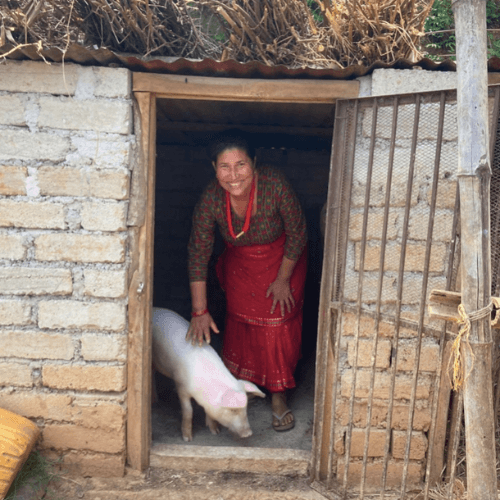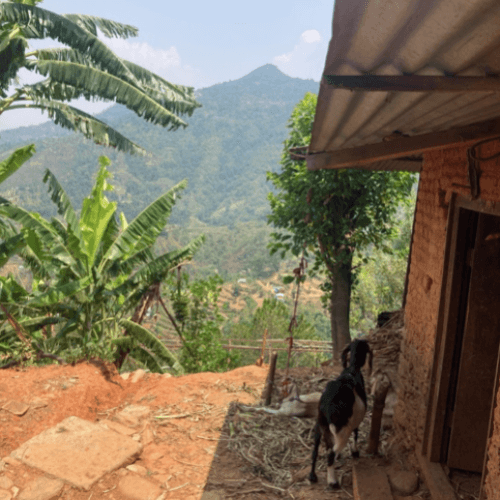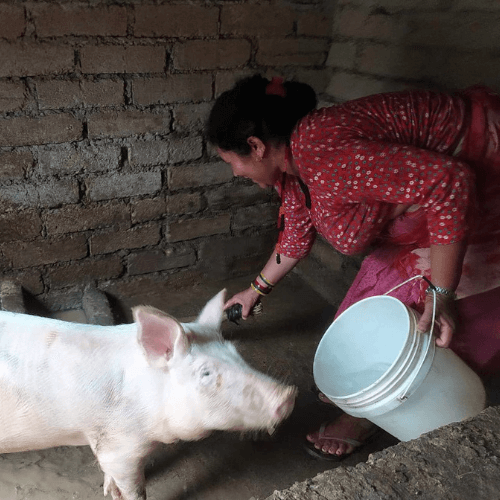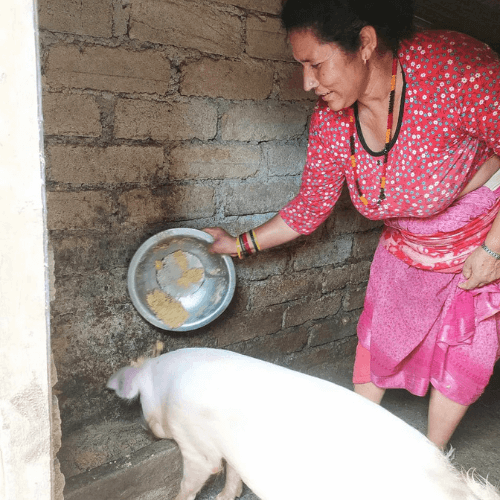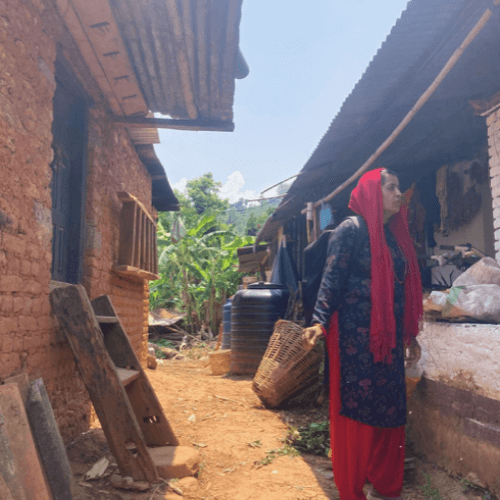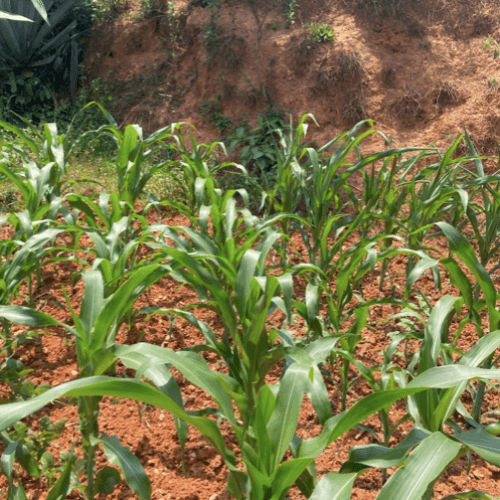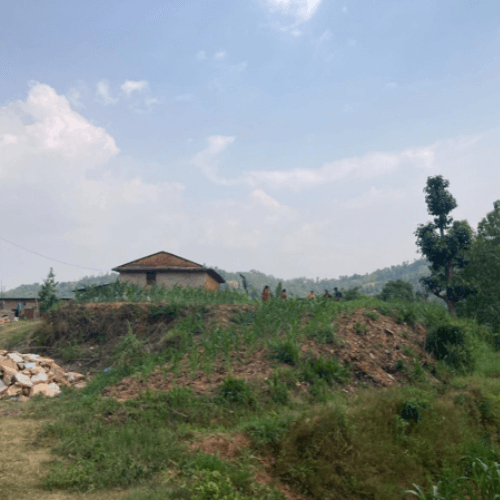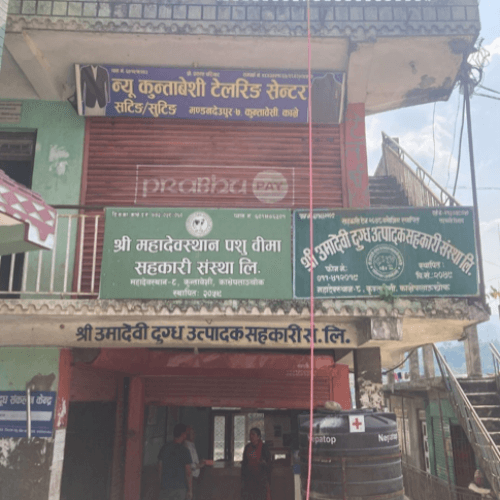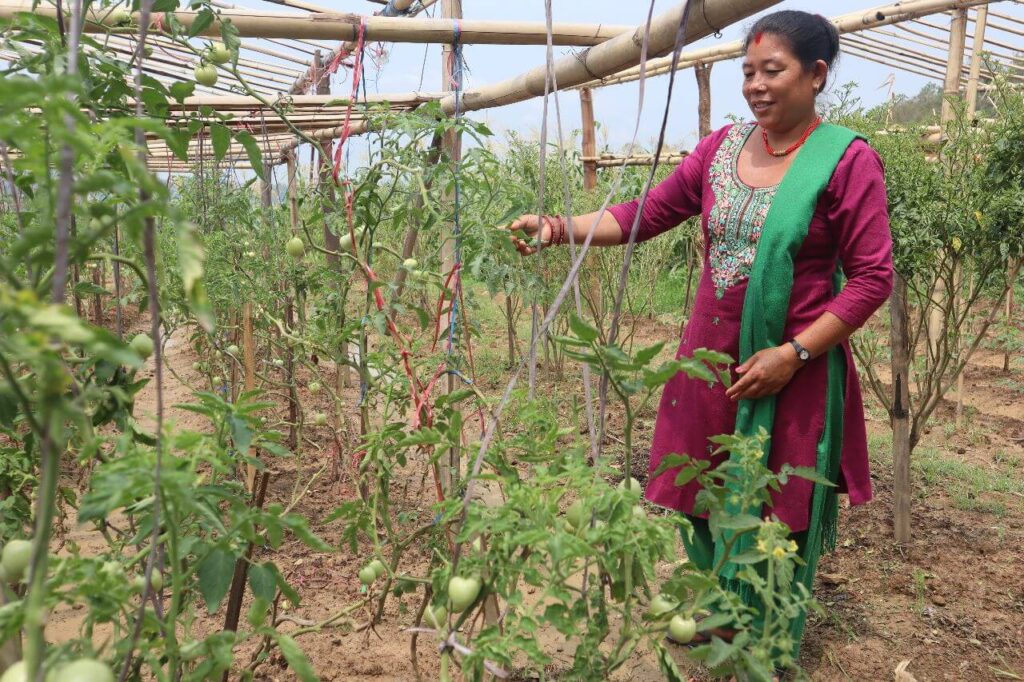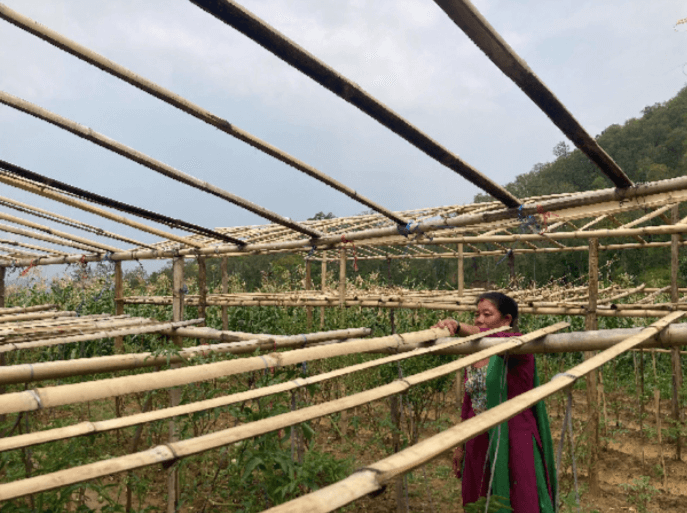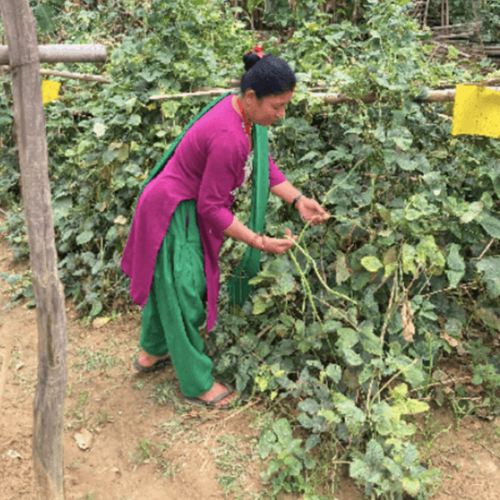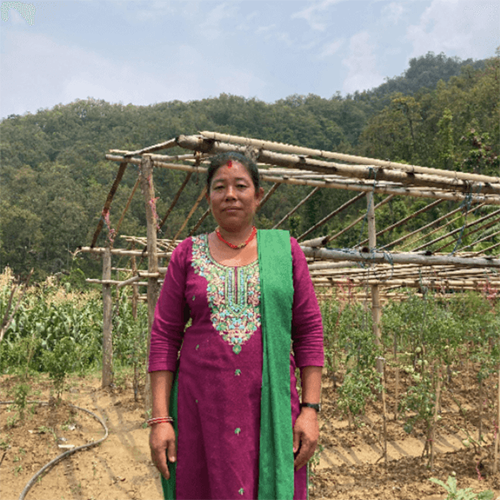By: Dioma Komonsira
Already weakened by gender inequalities and socio-cultural norms, women farmers in West Africa face new challenges in the context of climate change. Due to the dependence of West African agriculture on rainfall, extreme weather events such as prolonged droughts, flash floods, and bushfires are becoming more frequent in the region and have a direct impact on harvests and, by extension, on the food security of farming households, especially women. Difficult access to water, arable land, and financing makes them particularly vulnerable. It exposes them to economic, food, and nutritional insecurity with multiple consequences.
However, there are encouraging initiatives on the ground, from the mobilization of women to face the impact of climate change on their activities and living conditions to the support of partners.
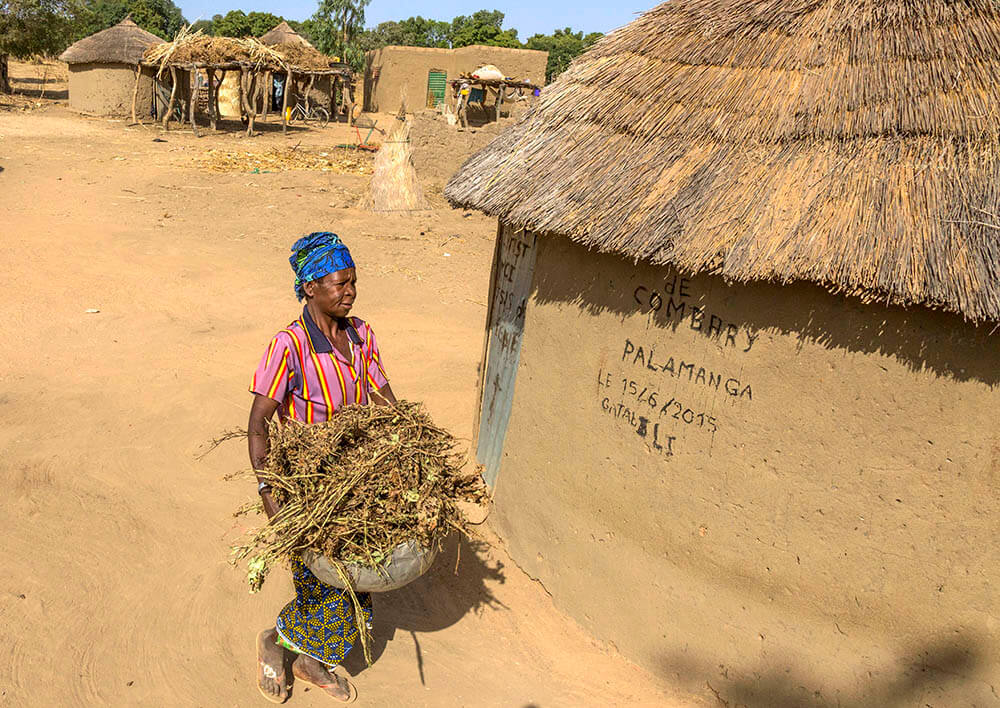
Women hold a significant role in agriculture in West Africa
They often represent the majority of the agricultural labor force in almost all countries in the region. Some countries, such as Mali, represent 65.3% of the agricultural workforce, 76.1% in Burkina Faso, 68.9% in Niger and 36.4% in Ghana (Sources FAO, 2021). In 2018, this proportion was 55.2% in Senegal according to the Direction de l’Analyse, de la Prospective et des Statistiques Agricoles (DAPSA) of the Ministry of Agriculture and Rural Equipment. In addition, they contribute a large part to food production in the region, including the production of food crops, livestock and the processing of agricultural products: about 80% of foodstuffs (United Nations Economic Commission for Africa, 2020) or 70% of small ruminant herd ownership (FAO, 2022). When it comes to processing agricultural products, they play a central role as more than half of agribusinesses in West Africa are led by women (USAID, 2020).
Climate change has a negative impact on women farmers
This strong presence in the region’s agricultural activity is matched by their exposure to the effects of climate change. Overall, projections show that the impact of climate change could cost the region between 15 and 20% of agricultural yields. In Mali, this drop could be around 12% by 2030 (UNDP, 2019). All of this will directly affect women, who are significant actors in subsistence agriculture in the region’s countries, with all imaginable consequences.
Dependent on agriculture for their livelihoods and families, climate change is a growing source of food and nutrition insecurity for them. Already more vulnerable due to gender inequalities and socio-cultural norms that often limit their access to agricultural resources such as land and agricultural credit, the effects of climate change are likely to exacerbate this vulnerability.
Another scourge is female rural migration. Faced with the loss of farmland and dwindling natural resources, many women are forced to migrate from rural areas to urban centers for alternative livelihoods, exposing them to the risk of exploitation and abuse.
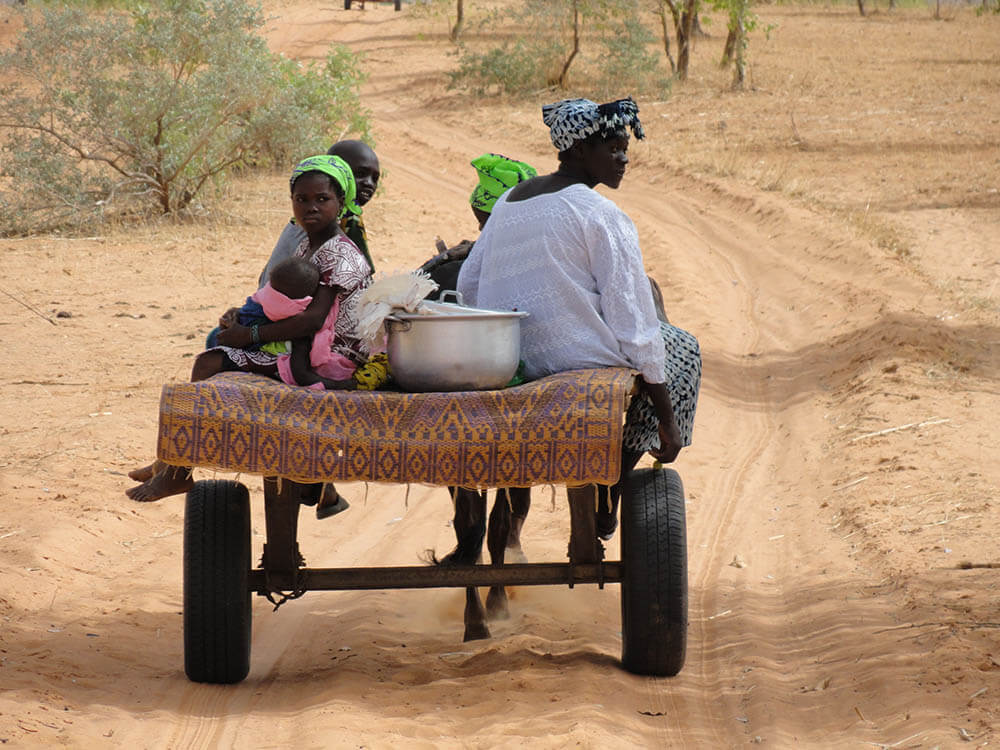
A situation exacerbated by insecurity in the Sahel
At the same time, insecurity in the Sahel, particularly violence related to conflict and terrorism, is also detrimental to women farmers. According to Oxfam, by 2020, almost 11 million people in the Sahel were facing severe food insecurity caused by climate change, insecurity, and political instability, with women and children on the front line. Insecurity disrupts farming activities, making it difficult for women to cultivate their land safely.
In addition, violence and forced displacement can destroy agricultural infrastructure, irrigation systems, and livelihoods, exacerbating their already precarious situation.
Can agroecology be a rampart for women against climate change in West Africa?
The agroecological approach aims to promote sustainable agricultural practices harmoniously with the environment. Women farmers in West Africa have made great strides in adopting agroecological innovations on topics as varied as agroforestry, FMNR, and the use of natural compost or water management to adapt to changing conditions, preserve soil health and fertility, and diversify sources of income.
By integrating these practices, women farmers can increase the resilience of their farms to climate change. They can also reduce their dependence on chemical inputs and intensive irrigation, leading to greater self-sufficiency and improved food and nutrition security.
Agroecology also reinforces the role of women farmers as agents of change and community leaders. They share their knowledge and skills with other community members, building local climate resilience.
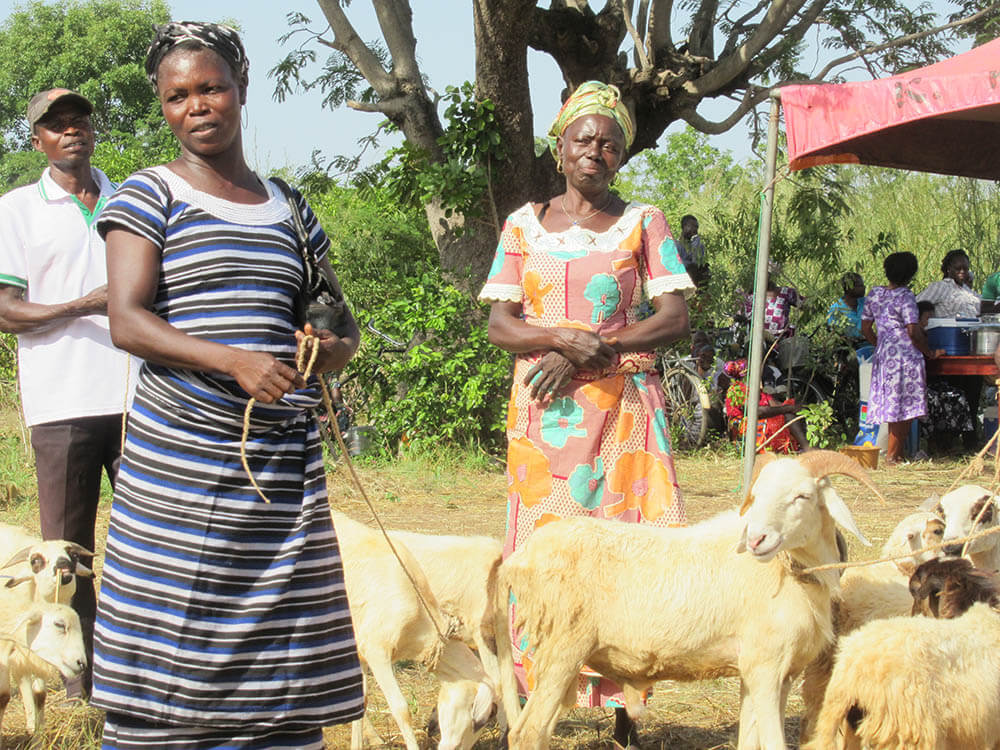
Working to strengthen women’s position to rise the challenge
Strengthening women’s access to productive resources, economic empowerment, participation in decision-making, and access to appropriate information and technologies are pathways to mitigate the impact of climate change and strengthen their resilience.
On the specific issue of promoting women’s empowerment, the Groundswell International network displays illustrative figures in Burkina Faso in 2022 :
- 2,620 women organized and participated in 42 savings and credit groups, enabling them to mobilize and control financial resources. They reinvest in agroecological production, income generation, and household needs.
- Women’s groups in 43 villages have successfully negotiated with traditional authorities and landowners to gain access to land for collective vegetable gardening plots.
- 495 women are involved in small enterprises for value-added processing and sale of non-timber forest products.
- 40% of women have become active in their communities in leadership positions
More autonomous and better equipped, they significantly increase their capacity for the effects of climate change.
Insecurity obstructs the development of agriculture as a whole. It is crucial to ensure the security of women farmers by investing in regional stability. This will promote sustainable development, enhance food security, and improve the living conditions of women farmers and their communities in the region.
Water is the leading resource for agriculture. It makes sense to intensify rainwater harvesting and management techniques for groundwater recharge and complementary irrigation to benefit women farmers who excel in market gardening, for example. These systems will capture, store, and use rainwater more efficiently and sustainably to support agricultural production throughout the year and thus strengthen their capacity to adapt to climate change.
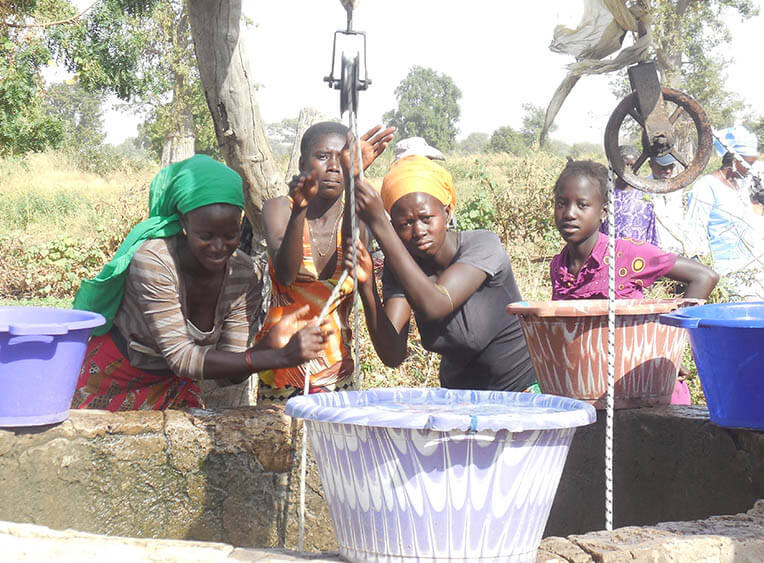
Despite their strong presence in agriculture, women often do not have the same opportunities as men regarding access to land, credit, agricultural inputs, and technical training. The impact of climate change is exacerbating this already precarious situation. However, their ability to adapt is perceptible in the field. And this is undoubtedly one of the keys to the future of healthy, sustainable agriculture in West Africa.

